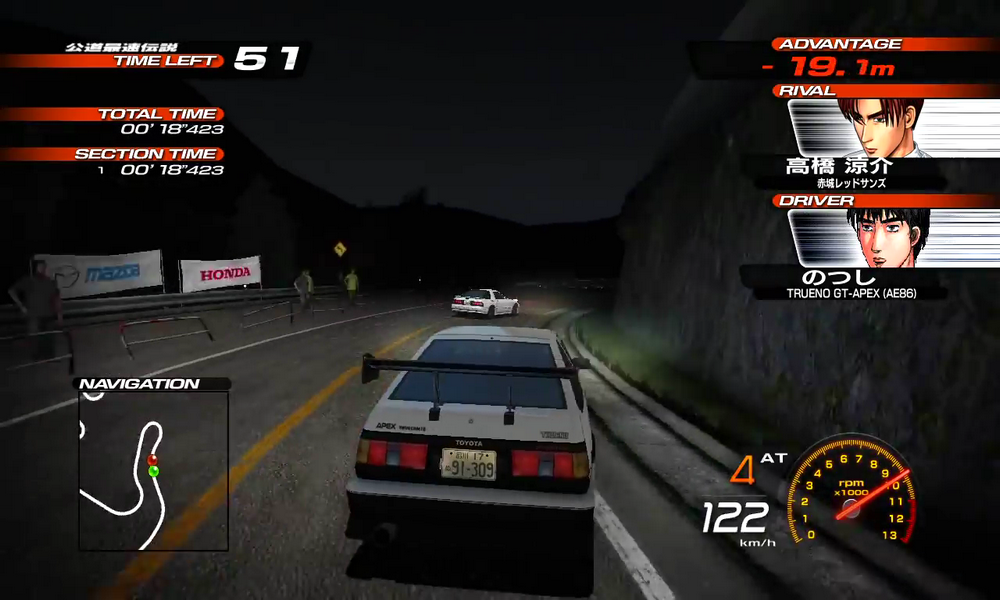


Papers that describe data analysis methods including machine learning that do not provide new scientific insights into the system from which the data were collected.Method development papers on common contaminants.Papers covering exposures, health effects, and control measures in occupational settings.Human health studies that do not provide significant additional understanding of air pollution induced health outcomes.Toxicology and ecotoxicology studies testing single chemicals in bench-scale assays.Papers of social science in nature on economics, sociology, psychology, political science, policy, planning and/or management.Modelling studies without calibration and data validation.Manuscripts that are primarily data reports without a substantial hypothesis, e.g., monitoring of common contaminants.Laboratory batch experiments without an application component, e.g., batch sorption experiments, preparation, and evaluation of sorbents or catalysts for contaminant removal, or controlled laboratory experiments not using environmentally relevant concentrations.


Disciplinary studies with limited environmental relevance.Treatment/technology/engineering studies that do not demonstrate direct environmental effects or benefits.Papers not contributing significant new knowledge to the field of study.Fast-track submissions reporting ground-breaking discoveries with immediate impact 2) Types of submissions not to be considered:.Critical reviews or Discussion on current or emerging topics.Trace metals and organics in biogeochemical cycles.Stress ecology in marine, freshwater, and terrestrial ecosystems.Remote sensing and big data applications in multiple spheres.Novel contaminant (bio)monitoring and risk assessment approaches.Nanomaterials, microplastics, and other emerging contaminants.Groundwater hydrogeochemistry and modeling.Global change-induced extreme events and environmental impacts.Environmental remediation of soil and groundwater.Drinking water contaminants and health implications.Environmental impacts of waste or wastewater treatment.Environmental impacts of climate change, agriculture, forestry, and land uses.Ecosystem services and life cycle assessment.Air quality, atmospheric conditions, and new understanding of their role in adverse health or environmental outcomes.Descriptive, repetitive, incremental or regional-scale studies with limited novelty will not be considered.ġ) Subject areas may include, but are not limited to: Field studies have preference, while papers describing laboratory experiments must demonstrate significant advances in methodology or mechanistic understanding with a clear connection to the environment. Studies significantly advancing fundamental understanding and that focus on the interconnection of multiple spheres will be given primary consideration. STOTEN's Aims & Scope has been updated - we invite contributions of original and high quality interdisciplinary environmental research papers of broad impact. Science of the Total Environment is an international multi-disciplinary natural science journal for publication of novel, hypothesis-driven and high-impact research on the total environment, which interfaces the atmosphere, lithosphere, hydrosphere, biosphere, and anthroposphere.


 0 kommentar(er)
0 kommentar(er)
